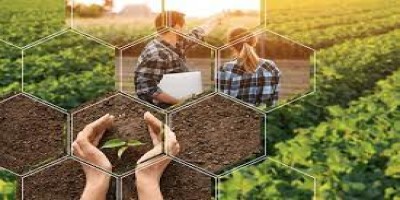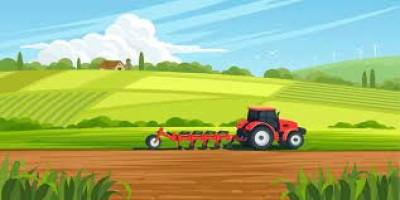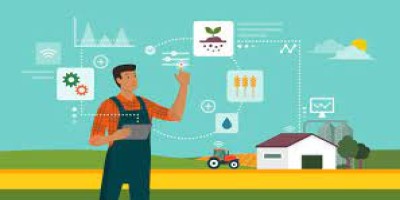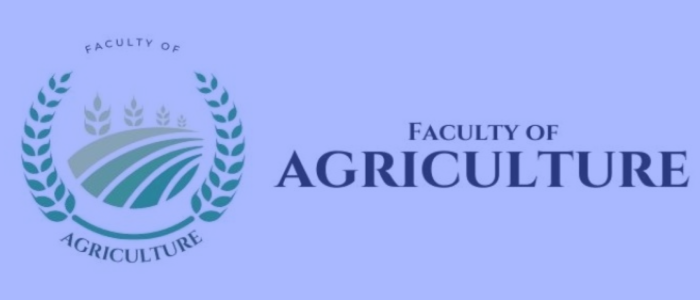Agronomy
Primitive human lived on wild plants and animals. They started facing starvation due to increase in food demand with the increase in number. The domestication of botanical plants and their cultivation marks the dawn of civilization. Modern crop production is the application of the principles of physical, biological and social sciences for growing of domesticated plants to meet the diversity of human needs in a profitable manner. It is a continuous challenge to increase the crop yields to remain ahead of human population increase. The dynamic process of crop production is now facing the challenge of global climatic change. New potent crop varieties and technologies must be explored for the survival of ever increasing people on limited resource base under various climatic conditions. The continuous concern in crop production is to use optimally the resources necessary for crop production in a sustainable manner. The sustainable use of resources implies current utilization in an optimum way saving their productivity for the use of future generations.

History
The Department of Agronomy is one of the pioneer departments and started its undergraduate programme since establishment of University College of Agriculture, Rawalakot, a sub-campus of the University of Azad Jammu & Kashmir, Muzaffarabad in 1980. Then in 1999, the Department started its post-graduate programs under the department of Soil & Environmental Sciences. In 2008 Agronomy was established as an independent department and initiated M.Sc. (Hons) and PhD degree programs. The department has highly qualified PhD faculty and well equipped lab facilities and farm area where students and faculty conduct research experiments on different field crops. The department has local and foreign qualified faculty who are involved in various research activities on crop production, soil fertility, nutrient management, and sustainable farming practices.
We believe in staying at the forefront of knowledge and embracing emerging technologies to address the evolving challenges facing agriculture. By conducting research that is both rigorous and relevant, we aim to provide practical solutions that can be implemented on the ground to benefit farmers, consumers, and the environment.
Mission & Vission
The mission of the Department of Agronomy is to advance sustainable agriculture through cutting-edge research, education, and outreach. We strive to enhance the productivity, profitability, and environmental sustainability of agricultural systems while ensuring food security and promoting rural development. Through interdisciplinary collaborations, innovative technologies, and evidence-based practices, we aim to address the challenges and opportunities in agriculture and contribute to the well-being of farmers, consumers, and the society at large.
Our vision is to be a globally recognized leader in agronomic sciences, shaping the future of sustainable agriculture. We envision a world where agricultural systems are highly efficient, resilient, and environmentally friendly, providing an abundant and diverse supply of nutritious food while safeguarding natural resources. We aspire to empower farmers with knowledge and technologies that optimize crop production, minimize environmental impact, and enhance profitability. Through our research, education, and outreach efforts, we strive to foster a culture of innovation, collaboration, and continuous
Message From HOD
As the Head of the Department, it is my pleasure to extend a warm greeting to all visitors of our departmental website. Agronomy plays a crucial role in addressing the pressing challenges and opportunities in agriculture, and our department is committed to advancing the field through cutting-edge research, education, and outreach.
At the Department of Agronomy, we have a clear mission: to promote sustainable agriculture and contribute to global food security. Our dedicated faculty, researchers, and staff are driven by a passion for enhancing the productivity, profitability, and environmental sustainability of agricultural systems. Through interdisciplinary collaborations, innovative technologies, and evidence-based practices, we strive to make a meaningful impact on the world of agriculture.
Programs

B.Sc.(Hons.) Agriculture(Agronomy)
Duration: 4 Years
Duration: 4 Years

M.Sc. (Hons) Agronomy
Duration: 2 Years
Duration: 2 Years

Ph.D. (Agronomy)
Duration: 3 Years
Duration: 3 Years


